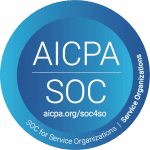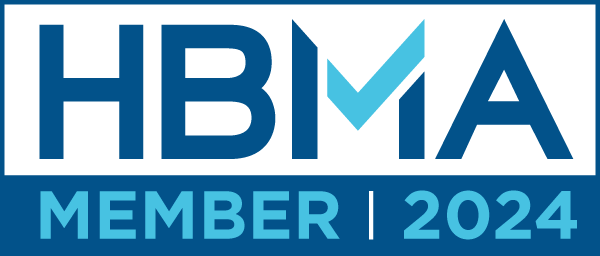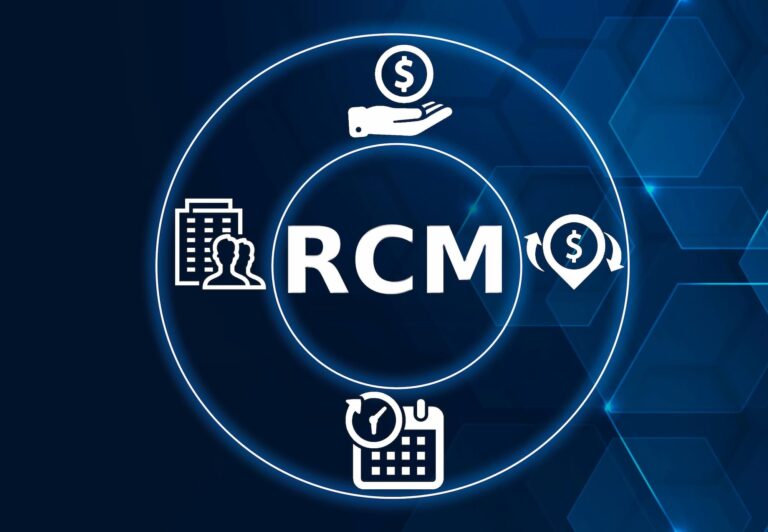Harnessing the Challenges and Complexities of Telemedicine Billing
Since the COVID-19 pandemic began, telemedicine has seen unprecedented growth. According to the CDC, there was a 154% increase in telehealth visits during the last week of March 2020 compared to the same period in 2019. This surge highlights the critical role telemedicine plays in providing essential healthcare services, particularly under challenging circumstances. As telemedicine continues to grow, the complexities of medical billing for such services also expand, requiring sophisticated solutions to manage these changes effectively.
Telemedicine Billing Complexities Unraveled
The shift to telemedicine has introduced a range of coding complexities. For instance, billing for a telemedicine visit is not as straightforward as billing for a traditional visit due to the need for specific modifiers and telehealth-specific codes. Technology streamlines this by integrating these new requirements into its comprehensive billing system, ensuring that healthcare providers can adapt to these changes without sacrificing efficiency or accuracy.
Navigating Reimbursement for Telehealth
The variability in telehealth reimbursement policies is significant, with differences that can impact the financial health of practices. For example, a study by the American Medical Association (AMA) noted that reimbursement rates for telehealth services can vary by up to 50% between payers. PHIMED’s PhyGeneSys technology helps address these challenges by simplifying the reimbursement process, with automated solutions that minimize denial risks for improved efficiencies and faster reimbursements.
Ensuring Compliance in a Digital Healthcare Environment
Regulatory compliance has become more complex with the adoption of telemedicine. The expanded use of telehealth services necessitates strict adherence to HIPAA guidelines, particularly concerning patient data security. PhyGeneSys, for instance, has PCI DSS compliance that aligns with PHIMED’s strict Health Insurance Portability and Accountability Act (HIPAA) protocol, further reinforcing its commitment to prioritizing security and protecting customer data. This assures patients that their personal and medical information is securely managed. Additionally, the software can act as a deterrent against medical identity theft, a growing concern in cybersecurity.
Adjusting to Varying State Regulations
Regulatory landscapes vary significantly across states, which can complicate telemedicine practices. For example, while some states require a prior in-person visit before telemedicine can be used, others have waived such requirements. Providers need to place close attention to navigate these varying regulations finding customized solutions that align with state-specific laws, thus facilitating seamless multi-state practice.
Keeping Up with Diverse Payer Policies
As payer policies continue to evolve, keeping up can be daunting. Making sure you are always informed on the latest changes in Medicare, Medicaid, and private insurance will enable you to adjust billing practices promptly and efficiently. PhyGeneSys monitors and manages all billing-related issues, including insurance plan configurations, specific reporting, and all follow-up needs.
Guaranteeing Data Security and Privacy
The importance of data security in telemedicine cannot be overstated, with HIPAA violations potentially resulting in severe penalties. Technology, like PhyGeneSys incorporates state-of-the-art security features that ensure all telemedicine billing interactions meet or exceed national security standards, safeguarding patient information and helping providers maintain trust and compliance.
The surge in telehealth usage, propelled by the pandemic, has exposed the intricacies of medical billing in a digital age, from the adaptation of coding systems to the management of state and payer-specific regulations. PHIMED’s commitment to innovation and security ensures that healthcare providers can navigate the complexities of telemedicine billing with confidence.
About PHIMED and Automation:
In advancing towards greater operational efficiency, PHIMED’s commitment to meeting Medicare guidelines and accommodating the requirements of various payers, including Medicaid, establishes a solid base to maximize the advantages of automation. Through years of experience and a commitment to innovation, PHIMED’s solutions are designed to not just accelerate the revenue cycle but to elevate the entire healthcare experience.
To delve deeper into how automation can optimize your medical billing processes and equip your practice for the demands of modern healthcare, reach out to PHIMED for a comprehensive consultation. Contact us at 800-909-7240 or via email at info@phimed.com.









